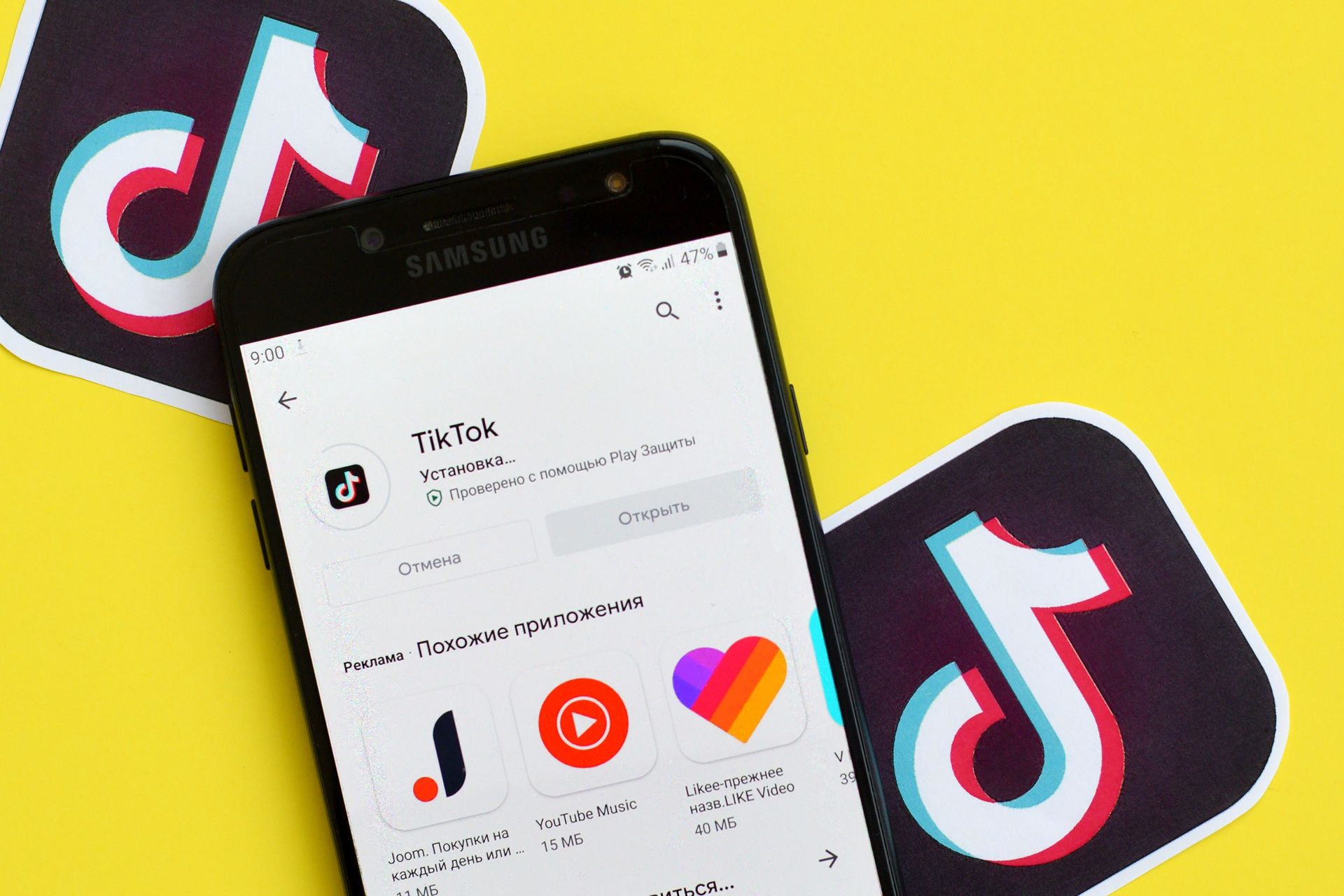9 Reasons Your Website Isn't Ranking High In Google
Nine Reasons Your Website Isn't Ranking High In Google
Securing a high ranking on Google is the equivalent of striking gold. However, despite your best efforts, you may find yourself puzzled, wondering why your website isn't making it to the top. It can be a frustrating exercise, especially when you've poured time and resources into your online presence.
In this article, we'll unpack nine possible reasons why your website isn't ranking high in Google and shed light on how to troubleshoot these common issues. Buckle up for a dive into the intricacies of SEO and the secrets of the Google algorithm!
Reason #1: Lack of Keyword Research
Keyword research is one of the fundamental steps to successfully ranking on Google. It's the process of pinpointing vital terms and phrases that potential customers are using in their online searches. If your content does not align with these search queries, Google might not deem your website as relevant to the users' needs, resulting in lower rankings.
Skipping this step is akin to shooting in the dark - you simply won't hit your target. Conducting thorough keyword research helps to understand user intent and guide your content creation, ensuring it aligns with the language and phrases your audience is using.
Reason #2: Poor Website Design and User Experience
Another critical factor in how Google ranks your website is the overall design and user experience (UX) it provides. A poorly designed, confusing, or slow-loading website can drive users away, and Google notices this. High bounce rates and low time-on-site metrics are signals to Google that your website may not be providing the value that users are seeking, which can negatively impact your ranking.
Moreover, in today's digital age, it's essential that your website is optimized for mobile users since more than half of all web traffic comes from mobile devices. If your website isn't mobile-friendly, you risk alienating a significant portion of your audience and receiving a lower ranking from Google as a result. Prioritizing user-focused design and a seamless UX is a surefire way to climb Google's ranking ladder.
Reason #3: Slow Loading Speed
In today's fast-paced digital landscape, users have increasingly shorter attention spans and demand instant access to information. As such, slow loading speeds can be incredibly detrimental to your website's ranking. Google's algorithms recognize that users tend to abandon sites that don't load within a few seconds, and this can significantly impact your website's SEO ranking.
Sluggish loading times disrupt the user experience and deter potential visitors from returning. To address this, consider optimizing your website's loading speed by compressing images, leveraging browser caching, and minimizing the use of render-blocking JavaScript.
Remember, every second counts in maintaining user engagement and improving your Google ranking.
Reason #4: Lack of Quality Content
Quality content is the cornerstone of any successful SEO strategy. Google's algorithm prioritizes websites that offer valuable, unique, and substantial content to its users. If your website is filled with generic, thin, or duplicated content, it will likely struggle to rank high in Google search results.
Creating quality content involves more than just keyword stuffing or producing huge volumes of articles. It requires the creation of content that is helpful, engaging, and tailored to your target audience's needs and interests. This may include insightful blog posts, informative how-to guides, or compelling case studies.
Remember, Google's aim is to provide users with the most relevant and valuable results for their searches. Therefore, focusing on content quality can help improve your website's visibility, increase user engagement and, ultimately, boost your Google ranking.
Reason #5: Not Utilizing Meta Tags and Descriptions
Meta tags and descriptions play a pivotal role in improving your website's SEO ranking. They provide search engines with information about your webpage's content, helping them understand what your site is about. If you neglect to use meta tags and descriptions, Google will have a harder time indexing your pages correctly, which can negatively impact your ranking.
Meta tags include title tags, header tags, and alt tags for images. These should include relevant keywords to improve your visibility on search engines. Meanwhile, meta descriptions are brief summaries of a webpage’s content that appear under the link in search results. They should be compelling and correctly summarize your content to encourage click-throughs.
Remember, while Google may not use meta tags and descriptions as a direct ranking factor, they influence user behavior, which is a ranking factor. Accurate and engaging meta descriptions can increase your click-through rate, lower your bounce rate, and positively impact your website’s standing in search results.
Reason #6: Inadequate Backlinks
Backlinks, also known as inbound links or incoming links, are created when one website links to another. They are a vital part of SEO strategy because Google considers them as votes of confidence for your website and uses them as an indicator of your site's authority and relevance. If your website lacks sufficient high-quality backlinks, it may struggle to rank high in search results.
It's important to note that not all backlinks are created equal. Links from reputable and relevant sites hold more weight than those from low-quality or unrelated sites. Therefore, focus on cultivating backlinks from authoritative sites within your industry. This can be achieved through several strategies including guest blogging, creating compelling and shareable content, and building relationships with influencers and other relevant entities in your field.
Remember, while backlinks can significantly boost your website's visibility, they should be earned rather than bought. Google penalizes sites that use manipulative tactics to gain backlinks, such as participating in link schemes or buying links. Endeavor to build a healthy backlink profile organically to enhance your website's SEO ranking on Google.
Reason #7: Ignoring Mobile Optimization
Google has shifted to mobile-first indexing, which means it predominantly uses the mobile version of content for indexing and ranking. This highlights the importance of mobile optimization for websites aiming to rank high on Google.
If your website isn't optimized for mobile viewing, it could significantly impair your ranking on search engine results pages (SERPs). Mobile optimization involves ensuring that your site looks good and operates efficiently, regardless of the device it's viewed on. This includes having a responsive design that automatically adjusts to fit different screen sizes, compressing images to prevent slow load times on mobile devices, and ensuring that interactive elements (like buttons and links) are easily usable on mobile.
Remember, with a growing number of users accessing the internet via mobile devices, failing to optimize your website for mobile could lead to a loss of potential traffic and a drop in your Google ranking.
Reason #8: Not Utilizing Social Media Platforms
Social media platforms are no longer just about social connections; they have emerged as powerful marketing tools that can significantly impact your website's Google ranking. By neglecting to harness the potential of social media, you may be missing out on opportunities to boost your site’s visibility and ranking.
While social media shares may not directly influence Google rankings, the links you share across social platforms increase brand exposure. They have the potential to be seen, shared, and linked to by others, thus amplifying your reach and driving more traffic to your website. Additionally, having a strong social media presence enhances brand recognition and credibility, which indirectly affects your SEO.
From creating engaging content that encourages shares, to actively participating in discussions related to your industry, there are numerous ways to leverage social media for SEO. Remember, a stronger social media presence means more brand visibility, which can lead to increased site visits, a higher click-through rate, and ultimately, a better ranking on Google.
Reason #9: Neglecting Regular Updates and Maintenance
The internet is a dynamic and fast-paced environment where content and relevance are constantly evolving. Google's algorithm favors sites that are regularly updated with fresh and relevant content, considering them as active, valuable resources for users. If your website is stagnant, with content that is outdated or improperly maintained, it could negatively affect your Search Engine Results Page (SERP) ranking.
Regular updates to your website can range from revising existing content to reflect current trends, to adding entirely new pages or blog posts. Moreover, maintaining your website involves regularly checking for broken links, ensuring fast page load times, and updating metadata with relevant keywords.
It's also important to regularly audit your website to identify any technical issues that might impede search engines from crawling and indexing your site effectively. This could include checking for crawl errors in the Google Search Console, optimizing your XML sitemap, and ensuring your website is secure (HTTPS).
Remember, a well-maintained, regularly updated website not only improves your ranking in Google search results but also enhances user experience, increasing the chances that visitors will stay on your site longer and return in the future.
About Us
If you are looking for professional help to get ahead in your SEO strategies, you don’t need to look any further than Unveiling Marketing. We are a team of professionals with a vision to build an agency that clients can trust. We want to achieve that vision by providing personalized marketing services to our clients and helping them grow. You can reach us at (908) 336-2333 or fill out our contact form to schedule a consultation today!
Unveiling Marketing
We are the premier digital marketing solution. Contact us today to set up an appointment to get your free, no-obligation zoom consultation!
Follow our social media pages
MENU
SERVICES
Customer Quotes

Jane Smith

“This is the best company I have ever worked with. I am recommending to all my friends and colleagues.”











